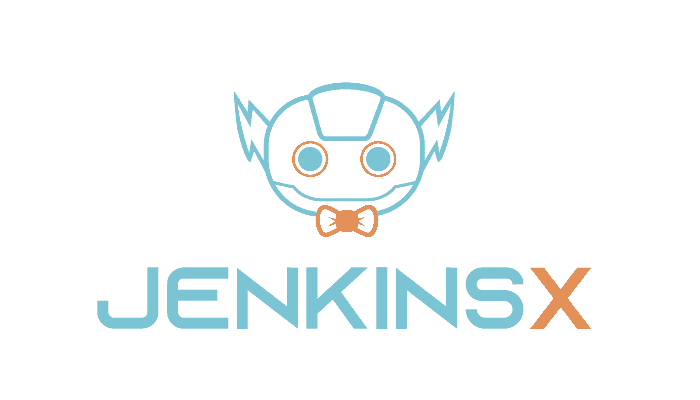Intro – The need and importance for faster software development
Technology is growing exponentially, which makes the software development process much simpler, faster and convenient. The need of the hour is to achieve speed@quality. Especially for dynamic industries like mobile applications where code changes need to be made rapidly, we need to rely on comprehensive solutions which can withstand any dynamic customer demands and can develop a product on time.
That’s the reason many organisations want to work in a fast pace developing environment like DevOps and Continuous Integration which accelerates the software development process with ease and fetching qualitative results. One of the tools that lets the process of Continuous Integration function smoothly is Jenkins. In this blog we will have an overview on Jenkins and how it is responsible for seamless functioning of a CI/CD pipeline. But before that lets understand the CI/CD and its importance.
Overview on CI/CD
CI/CD is Continuous Integration and Continuous Delivery. Lets understand Continuous Integration first
Continuous Integration
In a traditional software development cycle, the developer develops a code, commits it to the server then a build is made ready, tested and deployed to the production server. Here once the build is tested and after the bugs getting detected the developer needs to go through the entire source code to fix the bug. In this process first the developer needs to wait for a long time to get the test results and post that it is difficult to locate and fix bugs.
In Continuous Integration, unlike the traditional developing environment, the developer is allowed to commit software codes in chunks .Once the code is committed, immediately the build is prepared and deployed to the test server for testing. In case there are bugs, the code is again passed to the developer for fixing it and finally the code is ready to deploy on the production server.
So here, as the small chunks of software codes are allowed to commit , it is easier to locate and fix the bugs and also as the codes are allowed to commit frequently like several times in a day, the software development process takes place at high speed. Hence in continuous integration we get ready to deploy codes which accelerates the software development process.
Continuous Delivery
In continuous delivery the code gets deployed in a mock production server instead of a real production server order to avoid risk of failure. In continuous development the code is deployed to the main production server.
What is Jenkins and How does it streamlines a CI/CD pipeline
Jenkis is an automation server built in java which allows developers to build, test and deploy their software.It is an open source software which can be accessed free of cost.. It provides a simple environment for continuous integration and continuous delivery/continuous deployment. It can easily integrate a number of development and testing tools with the help of plugins.
Jenkins is a very popular tool with organisations dealing with software development as it supports easy integration through plugins and is open source. It specially helps in automating the software development process and above all ensures ready to deploy increasing the overall speed and efficiency of software development process. For ready to deploy code you need to execute continuous integration and continuous deployment systematically and Jenkins is a perfect tool for it.
Also, Jenkins integrates complete development life-cycle processes including build, document, test, package, stage, deploy, static analysis and much more which makes it multifunctional and “ a complete tool “ for software development.
Conclusion
We have seen how efficiently Jenkins provides software development similarly, it is a very popular tool for mobile app development as it provides ready to deploy codes. It can prove very instrumental in efficient execution of continuous testing. pCloudy is an automation testing tool which supports Jenkins integration so that pCloudy ensures speedy and robust automation testing in an environment to promote accelerated software development process through automation.
